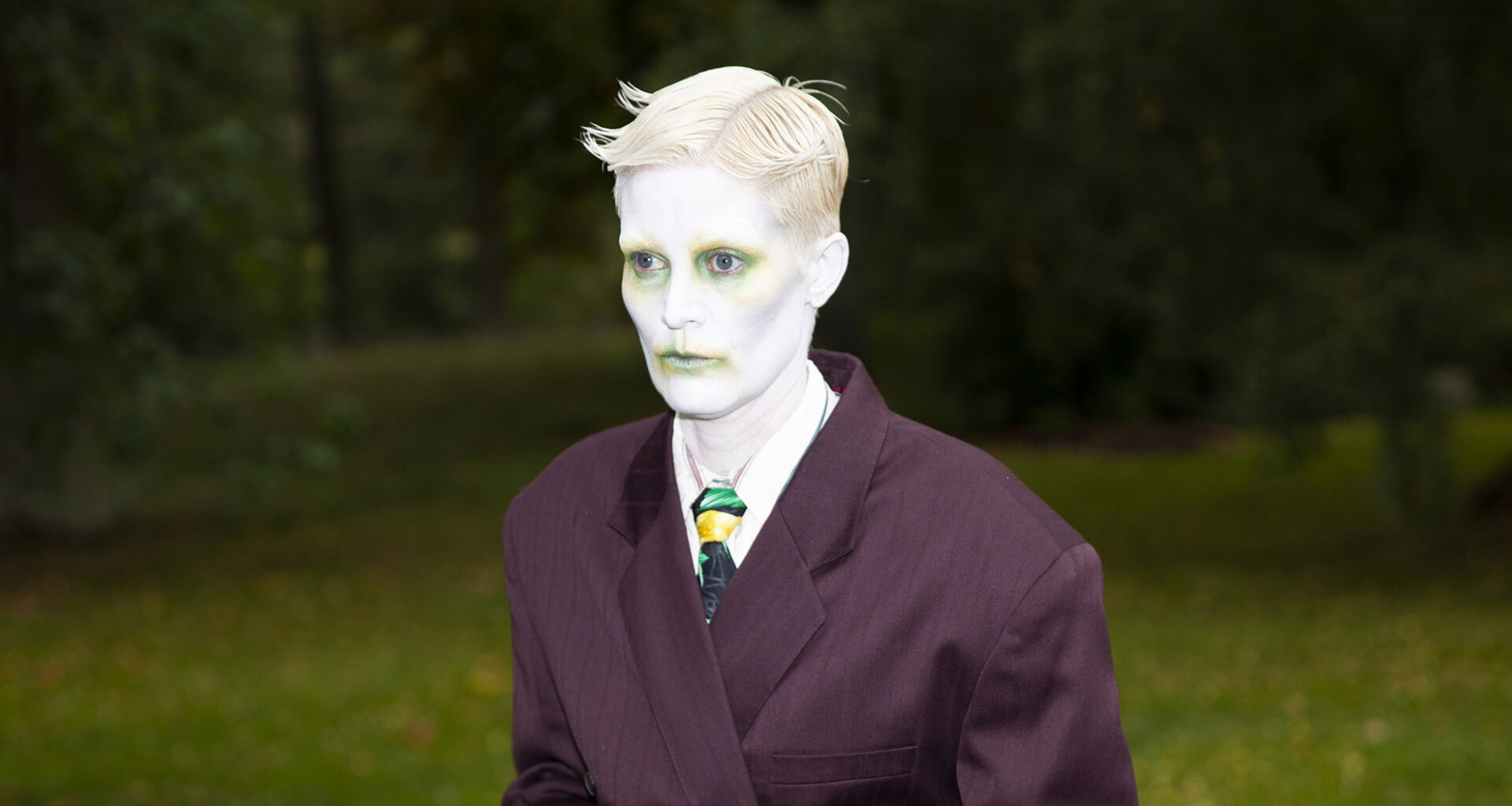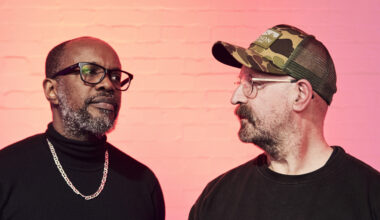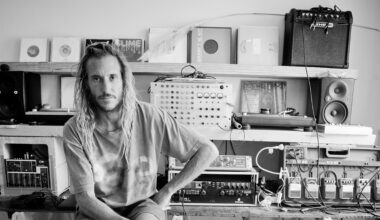Always striving to challenge the status quo, Swedish enigma and visionary Karin Dreijer does things very much on their own terms, artistically and musically. Here, they open up on electropop experimentation, identity politics and the “visceral confection” that is Fever Ray
Want to read more?
Sign up to Electronic Sound Premium to gain access to every post, video, special offers, and more. 100%, all you can eat, no commitment, cancel any time.
Already a premium member? Log in here






